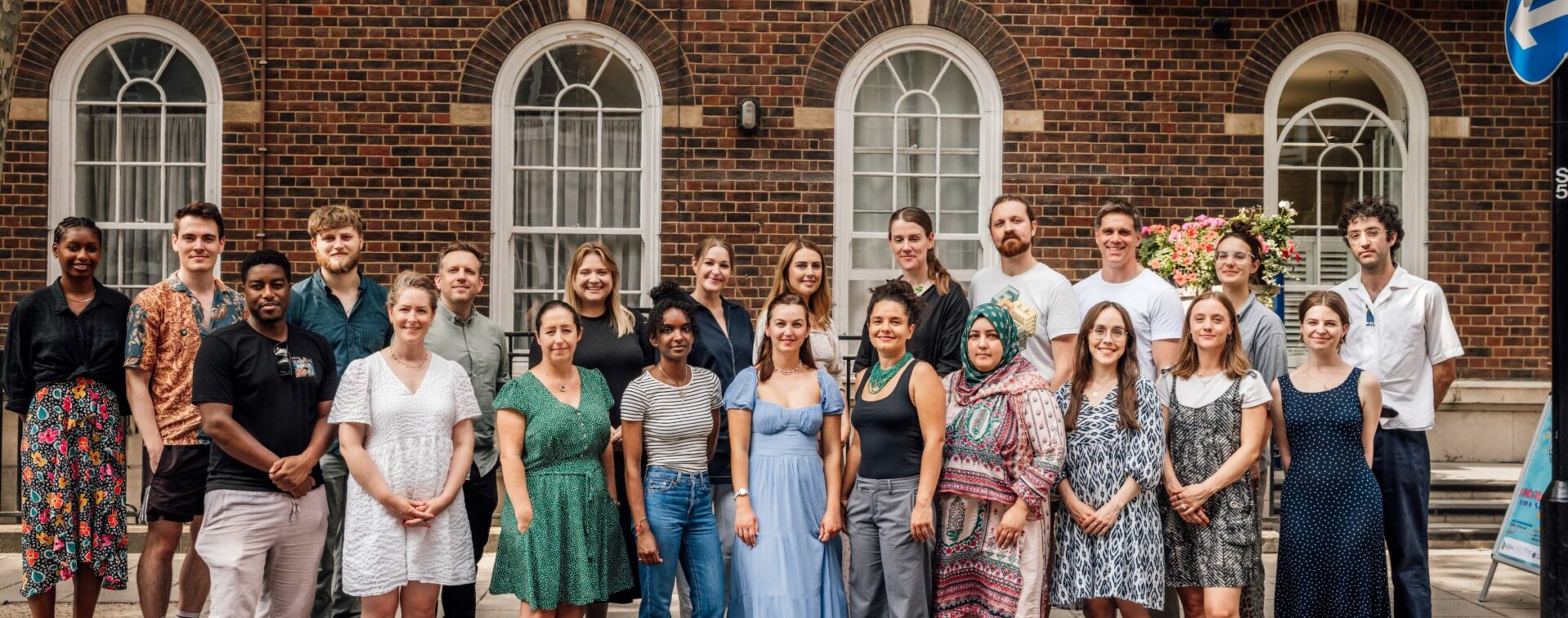
About us
As long as there is a housing crisis, we will work to improve lives by bringing empty buildings back into use as temporary homes. The property owner gets security, the residents get inexpensive housing, and the community benefits from dedicated volunteers.
It’s a positive cycle that helps communities flourish.
Improving lives in a housing crisis
As private rental options become increasingly scarce and expensive, we know that finding a place to stay can be stressful. Our pragmatic approach takes empty buildings and turns them into temporary accommodation. It’s an alternative way of life, free of many of the constraints of the conventional system, ideal for those looking to save a bit of money, explore a new area, or become part of a community.
We mainly work across London and the south east with a variety of clients – principally councils, housing associations and charities. Our property owners get responsible guardians to look after their empty properties, resulting in better security and flexibility. And, the reliable and friendly nature of our guardians means that the surrounding community is in safe hands.
Making a difference is what we’re all about, and that’s why we were set up as a social enterprise. Every Dot Dot Dot guardian commits to volunteering at least 16 hours of their time each month to good causes. Since we were founded in 2011, over 1,972 guardians have collectively volunteered time worth £5.4m to good causes.
Our history
Dot Dot Dot was founded in 2011 by former housing journalist, Katharine Hibbert. She came up with the idea for a socially responsible property guardian organisation while writing about the plight of empty buildings in the UK. While there were other property guardian companies out there, none were focused on creating a positive social impact.
Katharine believed that if you provided people with safe, inexpensive housing they would have more time and energy to do other things that mattered to them:
- Time because not having to pay high rent can enable people to work fewer hours, or people can live closer to their jobs and therefore cut down on commuting time;
- Energy because reducing anxieties linked to financial hardship, and unsafe or unsuitable housing, would mean people were in a better place emotionally to think about contributing to a cause.
Since we were established, we have given hundreds of empty properties a new purpose by turning them into homes for community-minded people, and hubs of social impact.
Guardians get well managed, inexpensive homes, so they can focus on what really matters to them. And communities get neighbours who use their extra time and energy to give back.
It’s property guardianship with purpose.
Our values
When working with our clients, guardians and our colleagues we:
- Hold ourselves to high standards
- Are fair and straightforward
- Have a positive and optimistic outlook
- Care about the impact our work has on our clients, stakeholders and ourselves
Our decision-making principles
When making decisions at all scales, we work through the following hierarchy, only moving on to the next step once the current one is satisfied. In our case, the principles are:
- Act ethically and with integrity
- Be a sustainable business
- Create social impact
- Going above and beyond for our stakeholders
- Growth

Who we work with
We have worked with a diverse client portfolio over the last decade, including local authorities, housing associations, charities and trusts, public bodies and private developers.